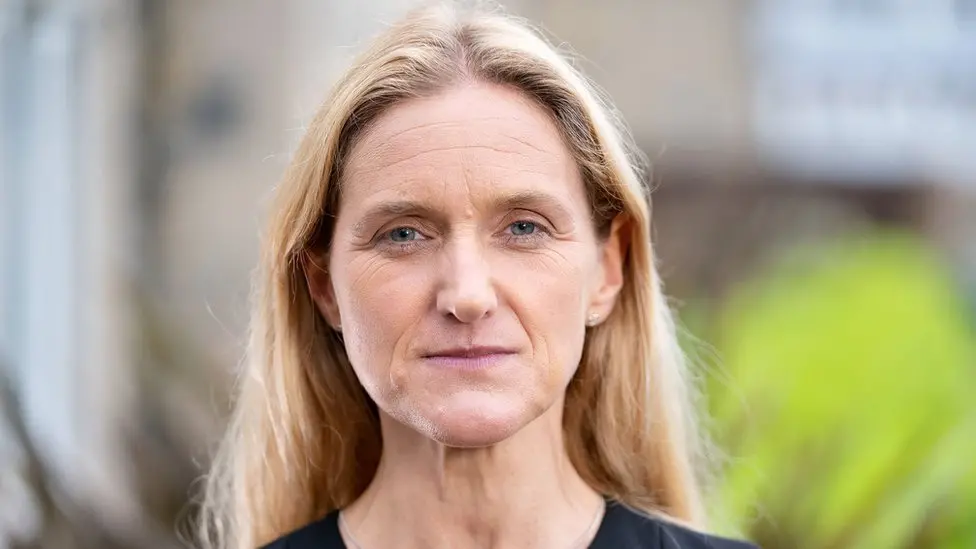What is assisted dying and how could the law change?
What is assisted dying and how could the law change?
Assisted dying, also known as physician-assisted suicide or euthanasia, refers to the act of a terminally ill patient...

What is assisted dying and how could the law change?
Assisted dying, also known as physician-assisted suicide or euthanasia, refers to the act of a terminally ill patient ending their own life with the help of a medical professional. This controversial practice raises ethical, moral, and legal questions about the rights of individuals to make decisions about their own lives.
In many countries, including the United States and some European countries, assisted dying is illegal and considered a criminal act. However, there is a growing movement advocating for the legalization of assisted dying, arguing that individuals should have the right to die with dignity and without unnecessary suffering.
Proponents of assisted dying argue that it allows terminally ill patients to have control over their own deaths, prevents prolonged suffering, and respects the autonomy and decision-making of individuals. On the other hand, opponents argue that assisted dying goes against the sanctity of life and could potentially lead to abuse and exploitation of vulnerable individuals.
The laws surrounding assisted dying vary greatly from country to country, with some allowing it under strict conditions while others prohibit it altogether. For example, Switzerland and the Netherlands have legalized assisted dying under certain circumstances, while countries like Australia and New Zealand are still debating whether to change their laws.
One of the key issues in the debate over assisted dying is the importance of safeguards to protect against abuse and ensure that individuals are making informed and voluntary decisions. Critics of assisted dying argue that legalizing it could lead to pressure on vulnerable individuals to end their lives prematurely.
As the debate over assisted dying continues, it is possible that laws around the world could change to allow for more autonomy and choice for terminally ill patients. However, these changes would likely come with strict regulations and safeguards to protect the rights and well-being of individuals.
Overall, assisted dying is a complex and contentious issue that has far-reaching implications for end-of-life care and individual rights. The ongoing debate about how the law could change will continue to spark conversations about ethics, morality, and compassion in the context of terminal illness.






